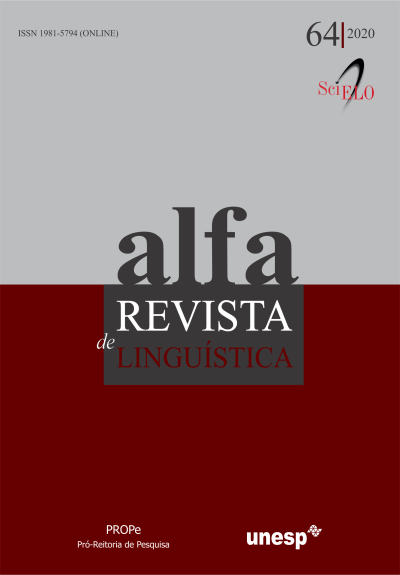What do cordel authors say about the discursive genre they produce?
An analysis from metalinguistic reflections on compositional aspects of the cordel
DOI:
https://doi.org/10.1590/1981-5794-e12861Keywords:
Cordel Literature, Literacy, Schooling, VerbalizationAbstract
This article aims to analyze what cordel9 authors say about the compositional dimensions (rhyme and metric) of the genre cordel. To this end, we rely, on the one hand, on theoretical discussions on discursive genres and cordel literature, and, on the other hand, on theoretical constructs in the field of metalinguistic consciousness and, in particular, on metatextual consciousness. The participants of this study were six poets, with different ages and years of schooling, with whom metalinguistic interviews were conducted, whose data were treated in the light of the thematic content analysis. The results revealed that the cordel authors were highly sensitive to the rules of rhyme and that, in the case of more experienced and less educated poets, the logic of oral and performance seemed to be more important than the strict obedience to predetermined rhyme patterns. Regarding the metric, we realized that certain precepts were difficult to verbalize, even for those cordel authors with a higher level of education. In addition, some less educated poets predominantly resorted to the use of “singing” to make sure that the verses were metered. Thus, we concluded that, even when unable to verbalize compositional aspects of the cordel, the poets - including the poorly educated - engaged in a complex and sophisticated process of metalinguistic reflection.
Downloads
Downloads
Published
How to Cite
Issue
Section
License
Manuscripts accepted for publication and published are property of Alfa: Revista de Linguística. It is forbidden the full or partial submission of the manuscript to any other journal. Authors are solely responsible for the article's content. Translation into another language without written permission from the Editor advised by the Editorial Board is prohibited.

